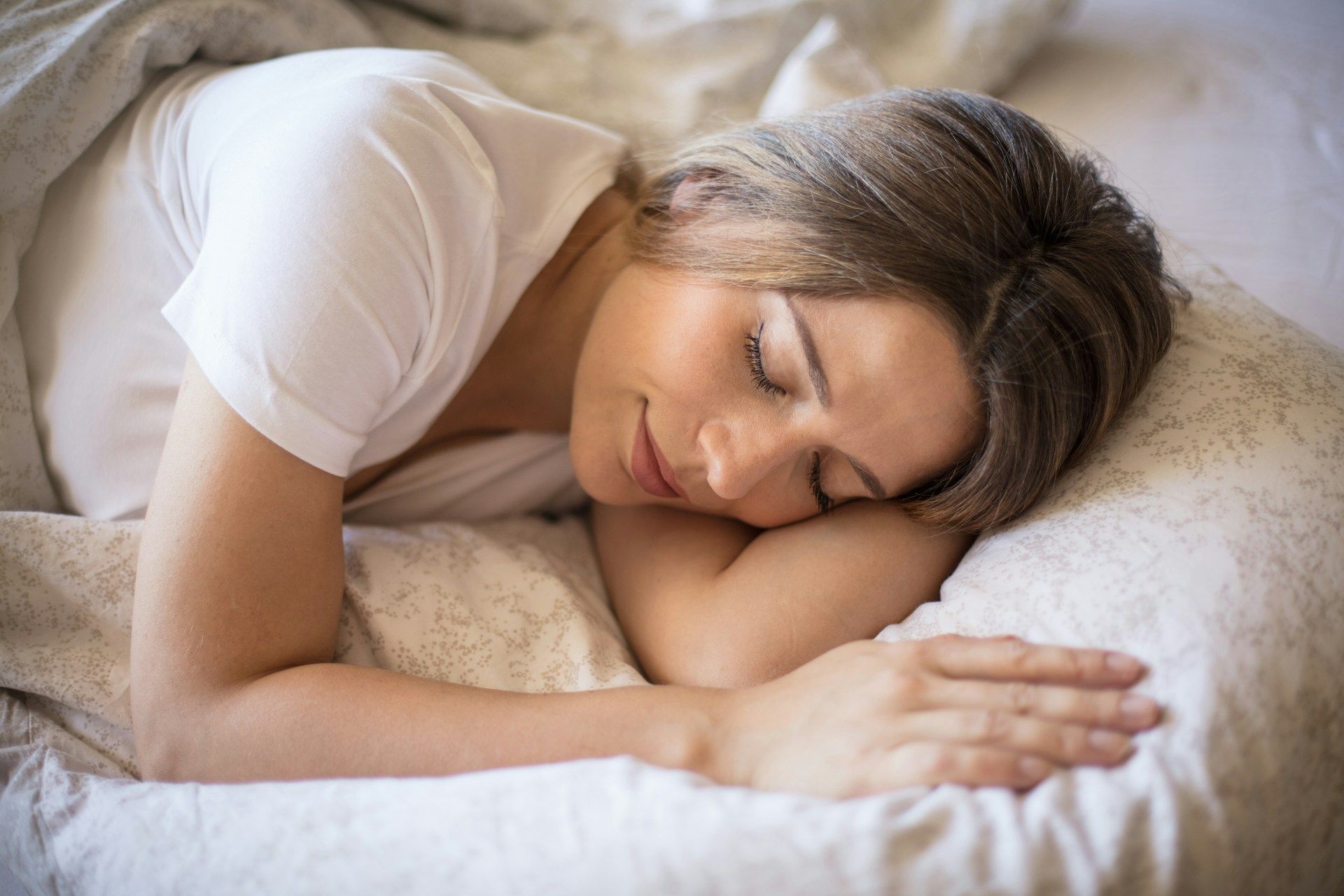Why Pittsburgh Sleep Center Recommends Oral Appliance Therapy

Sleep apnea is more than just the occasional restless night—it's a condition that affects many, impacting daily life and overall well-being. Imagine waking up feeling groggy, as if you've barely slept, no matter how long you were in bed. This is a reality for those dealing with this sleep disorder. It interrupts breathing during sleep, leading to poor-quality rest and often daytime fatigue. Beyond feeling tired, untreated sleep apnea can affect concentration, mood, and even heart health over time. Recognizing these challenges, many seek solutions that fit seamlessly into their lives and provide relief.
Oral appliance therapy is gaining attention as an effective treatment option for managing sleep apnea. Unlike other more invasive methods, it offers a user-friendly approach, bringing comfort and ease to those looking for relief. Oral appliances are custom-fit devices worn in the mouth while sleeping. They work by keeping airways open, helping reduce the number of pauses in breathing and ensuring a smoother night's rest. As more people learn about the benefits of this therapy, it stands out as a compelling choice in the quest for better sleep.
Understanding Sleep Apnea
Sleep apnea is a condition where breathing stops and starts repeatedly during sleep. It comes in a few forms, with obstructive sleep apnea (OSA) being the most common. OSA happens when the throat muscles relax too much to keep the airway open. Another type is central sleep apnea, where the brain doesn't send proper signals to control breathing. A mix of both creates complex sleep apnea syndrome. But no matter the type, the result is often similar—disturbed sleep that leaves individuals feeling worn out.
Symptoms of sleep apnea can vary, but they often include loud snoring, sudden awakenings with gasping, and waking up with a dry mouth or sore throat. Daytime sleepiness is common, and it can make focusing on work or enjoying leisure activities quite challenging. If left unchecked, sleep apnea may also raise the risk for conditions like hypertension, and problems with the heart.
Recognizing these signs early and seeking an accurate diagnosis is important. Once diagnosed, addressing the symptoms can prevent further health issues, and many find oral appliance therapy to be a gentle, effective way to manage their condition. By exploring this therapy option, those affected by sleep apnea can take meaningful steps to regain a restful, invigorating night's sleep.
What Is Oral Appliance Therapy?
Oral appliance therapy offers a practical solution for those with sleep apnea. These appliances resemble a sports mouthguard and are custom-made to fit each individual. Worn during sleep, they work by keeping the jaw in a forward position, helping to keep the airway open and reduce the chances of breathing disruptions. This approach not only aids in reducing snoring but also assists in managing the legwork of sleep apnea more efficiently.
One of the main appeals of these devices is their simplicity. Unlike CPAP machines, which require a face mask and constant airflow through a hose, oral appliances are compact and easy to use. This makes them a preferred alternative for many. They don’t require electricity and are much easier to travel with. Individuals seeking a non-invasive and user-friendly option often find these devices a sound choice.
Benefits of Oral Appliance Therapy
The choice of therapy can make a significant difference in a patient's life. Oral appliance therapy offers numerous advantages that resonate with those who value comfort and convenience. Here are some highlights:
- Comfort: These devices are small and less intrusive than other options, making it easier for people to adjust and maintain use.
- Portability: Since they are compact, traveling with one is a breeze. There’s no hassle with extra baggage or concerns about power sources.
- Ease of Use: Unlike the often complex setup of alternative treatments, oral appliances are straightforward, needing minimal instruction to wear.
Besides these practical benefits, another key aspect is effectiveness. Many users report significant improvements in their sleep quality, leading to a more refreshed and energized feeling during the day. This outcome encourages users to continue with the therapy, contributing to better long-term health.
Why Pittsburgh Dental Sleep Medicine Recommends Oral Appliance Therapy
When it comes to choosing the right therapy, personalization plays a critical role. Customized treatment plans ensure that each patient receives optimal care tailored to their unique needs. The team of doctors understands the importance of comfort and practicality, leading them to recommend oral appliance therapy. Not only does this treatment address the specific challenges of sleep apnea, but it also fits well with diverse lifestyles.
Stories from satisfied patients often speak volumes about the real benefits experienced. Many have shared how the transition to using these appliances has positively changed their sleeping habits and daytime energy levels. The key locations in Monroeville, Wexford, McMurray, and Pittsburgh offer accessibility, making it convenient for locals to seek consultations and follow-up care.
For those ready to improve their sleep without major lifestyle shifts, oral appliance therapy emerges as a front-runner. It's a smart choice for anyone eager to reclaim peaceful nights and productive days.
Monroeville residents looking for effective sleep solutions can discover the benefits of
oral appliance therapy for sleep apnea. This customized approach makes it easier to manage the condition while ensuring comfort and convenience. To explore how Pittsburgh Dental Sleep Medicine can help you achieve better sleep, take the first step toward more restful nights today.

